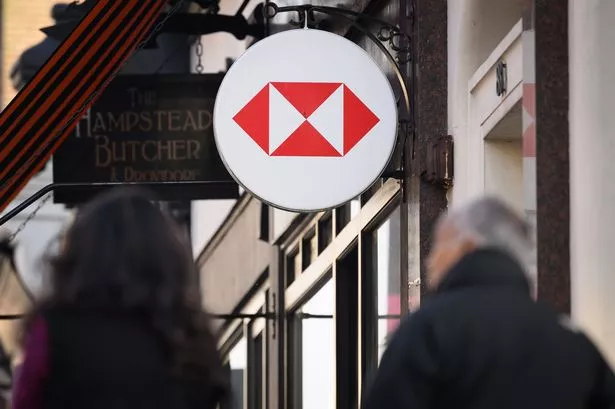
AJ Bell has reported a significant growth with assets under administration soaring to £89.5bn by the end of 2024, an indication of the investment platform's appealing eight per cent customer increase over the year.
The trading platform enjoyed a 17 per cent surge in assets throughout the previous year, with a three per cent rise in the final quarter, according to its latest trading update, as reported by City AM.
The customer base has nearly reached 561,000, largely owing to its direct-to-consumer platform, which saw a four per cent uptick in users during the year's last quarter. The rate at which advised customers expanded was more modest, experiencing a two per cent growth within the same period, bringing the total to 174,000.
"During the quarter we continued to see the benefits of our dual-channel model and the high-quality propositions that we offer to both the advised and D2C market segments," commented AJ Bell's chief Michael Summersgill.
The investment firm witnessed robust net inflows across both its platform and investments operations during the final quarter, achieving £1.4bn and £400m respectively. Particularly notable was the direct-to-consumer sector, which secured net inflows of £1.1bn, marking a hefty 57 per cent jump from the equivalent quarter in 2023.
"Ahead of the October Budget, speculation around the tax treatment of pensions caused a short-term behavioural change among retail investors, which normalised quickly once the content of the Budget became known," Summersgill added.
The company's chief executive stated: "The strong start to the year positions us well as we approach the busy tax year end period. We remain focused on the significant long-term growth opportunity that exists in the platform market. Our dual-channel approach and continued investments into our propositions and brand mean we are well-placed to continue our strong growth."
AJ Bell recently received an upgrade from Shore Capital, moving from a Hold to a Buy rating, based on the weakness in its share price and the long-term need for people to save for retirement.









